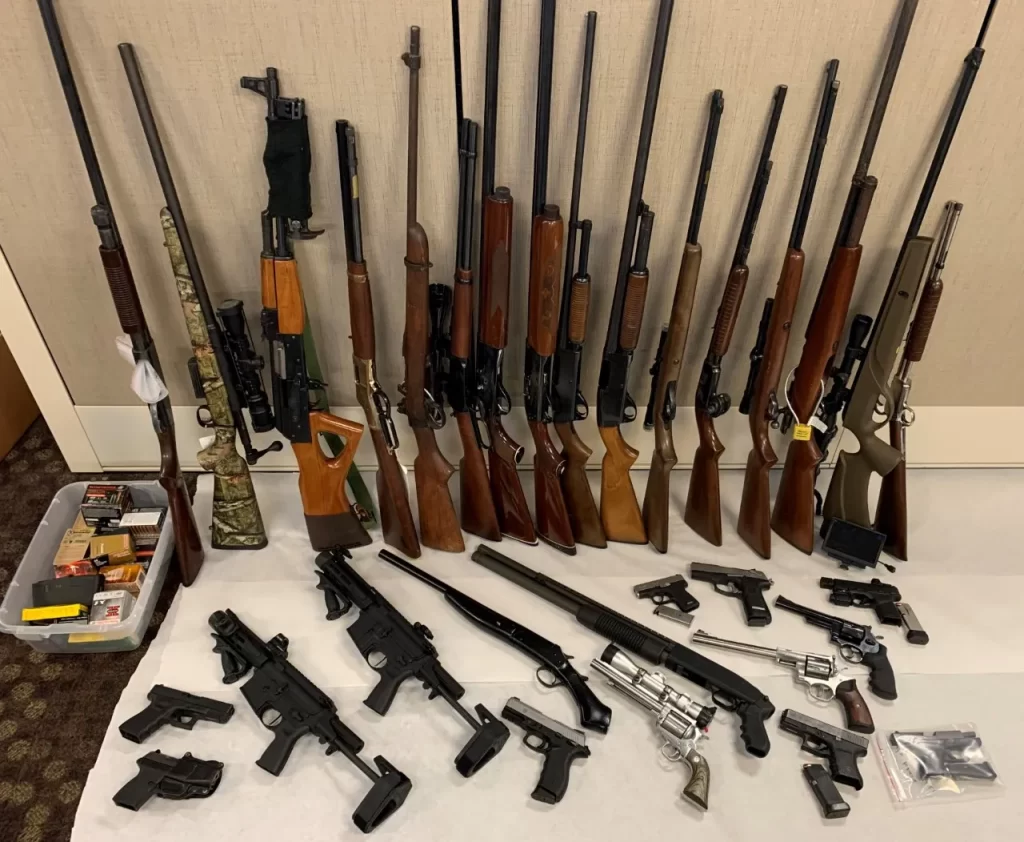In a bid to ensure a safe, fair, and free national election in 2027, the Special Parliamentary Committee on the 2022 National General Election has called for intensified efforts to remove illegal firearms from communities across Papua New Guinea.
MPs emphasized that the widespread presence of illegal firearms poses a major threat to electoral integrity and must be addressed as a matter of priority.
During a meeting last week, Keith Iduhu, MP for Hiri-Koiari and a member of the Special Parliamentary Committee, stated: “To prepare for a safe, fair, and free election, we must ensure that communities are free from firearms.”
He urged the Papua New Guinea Defence Force (PNGDF) and the Royal Papua New Guinea Constabulary (RPNGC) to begin coordinated operations well in advance of the 2027 polls.
Committee Chairman and East Sepik Governor Allan Bird echoed the call, saying: “This recommendation originally came from within your ranks, stating clearly that the PNGDF and RPNGC must jointly plan to completely remove all illegally held firearms from society before the next national election.”
Bird pointed out that a former PNGDF commander had previously warned in an assessment report that weapons retained by civilians after conflicts now pose a serious threat to election security.
He said: “Unregistered weapons held by civilians, especially in post-conflict areas, are severely undermining the conduct of normal elections.”
However, the disarmament process remains fraught with challenges.
Deputy Police Commissioner for Operations, Julius Tasion, admitted that the situation on the ground is more complex than anticipated.
He said: “The dynamics have changed. Many village leaders are now armed—not for aggression, but for self-defense and to protect their communities. When we try to collect these weapons, we are often met with strong resistance. In some cases, people have even fired back.”
RPNGC Chief of Staff Kyle Saltmarsh also noted that the normalization of firearms in some areas has become a major challenge for policing and social governance.
He said: “In some regions, guns have become a ‘daily tool.’ As long as ammunition remains accessible, these weapons will continue to be used for unlawful purposes. Controlling the supply of ammunition is one of our biggest hurdles.”
Despite the challenges, Deputy Commissioner Tasion assured the committee that the PNGDF and police are working closely with local governments and village leaders to continue the disarmament campaign.
“We are collaborating with the Defence Force, local authorities, and community leaders to remove these weapons as soon as possible, to ensure a peaceful and orderly national election,” he said.


